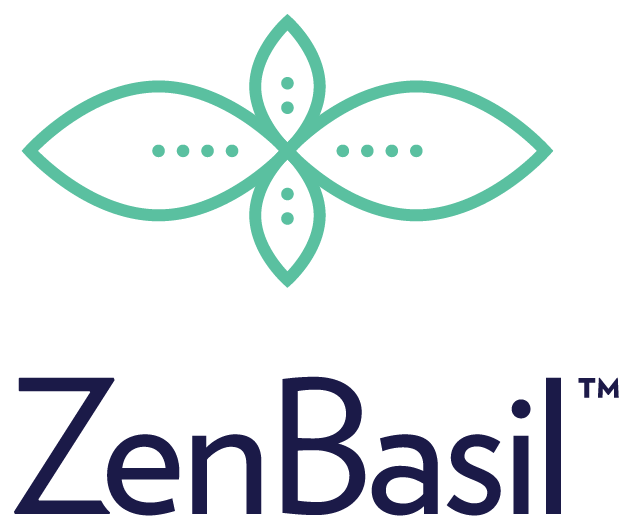“If the only thing you ate today were basil (dried, spices). You would have to eat 2.5 tbsp, leaves in order to get your 100% recommended daily value of 90 mcg of Vitamin K.”
If the only thing you ate today were basil (dried, spices). You would have to eat 7.5 tsp, leaves in order to get your 100% recommended daily value of 90mcg of Vitamin K.
Similarly, in order to get 50% (45mcg) of your daily recommended value of Vitamin K. You would have to eat 3.75 tsp, leaves of basil (dried, spices).
Additionally, you would have to eat 1.88 tsp, leaves of basil (dried, spices) to get 25% (22.5mcg) of your recommended daily Vitamin K.
I'm on a blood thinner (anticoagulant/antiplatelet) such as Warfarin - How does Vitamin K work with my blood thinner?
Warfarin (Coumadin) works by decreasing the chemical reactions Vitamin K makes in your body. This increases the time it takes for a clot to form. Hence, "thinning" your blood.
If you take Warfarin, you may need to limit and/or monitor your Vitamin K intake. This is because Vitamin K can affect how these drugs work.
Ideally you should consume the same amount of Vitamin K daily.
However, Vitamin K does not influence the action of other blood thinners, such as heparin or low molecular weight heparins (Lovenox, Xaparin, Clexane, Fragmin, or Innohep).
Can Vitamin K affect my INR?
Yes.
INR stands for International Normalized Ratio. INR is a standardized way to measure how long it takes your blood to clot.
The lower your INR, the quicker your blood clots (the "thicker" your blood gets). Too low of an INR indicates risk for clotting problems.
The higher your INR, the slower your blood clots (the "thinner" your blood gets). Too high of an INR indicates risk for bleeding problems.
With an increase in Vitamin K, your INR could drop.
Alternatively, a decrease in Vitamin K intake may increase your INR.
As a side note, other things, like medications, antibiotics, and herbal products may also influence your INR.
What if I suddenly eat a food with a lot of Vitamin K?
If you are on a blood thinner like Warfarin (Coumadin) then you should alert your healthcare provider, because your blood thinner dosage may have to be adjusted to counteract the change in your body's clotting activity.
Where does Vitamin K come from?
Vitamin K is often found in food. Leafy green vegetables such as kale, spinach, and broccoli usually contain the most amount of Vitamin K.
Vitamin K is also produced by bacteria in your intestines and is contained in vitamin supplements.
Why is Vitamin K important?
Blood clots are formed through a series of chemical reactions in your body. Vitamin K is essential for those reactions.
Vitamin K is known as the clotting vitamin, because without it, blood would not clot.
Vitamin K increases the chemical reactions in your body needed for your blood to clot. The more Vitamin K you take, the more chemical reactions your body makes for your blood to clot. Hence your blood gets "thicker".
Also, some studies suggest that it helps maintain strong bones in the elderly.


